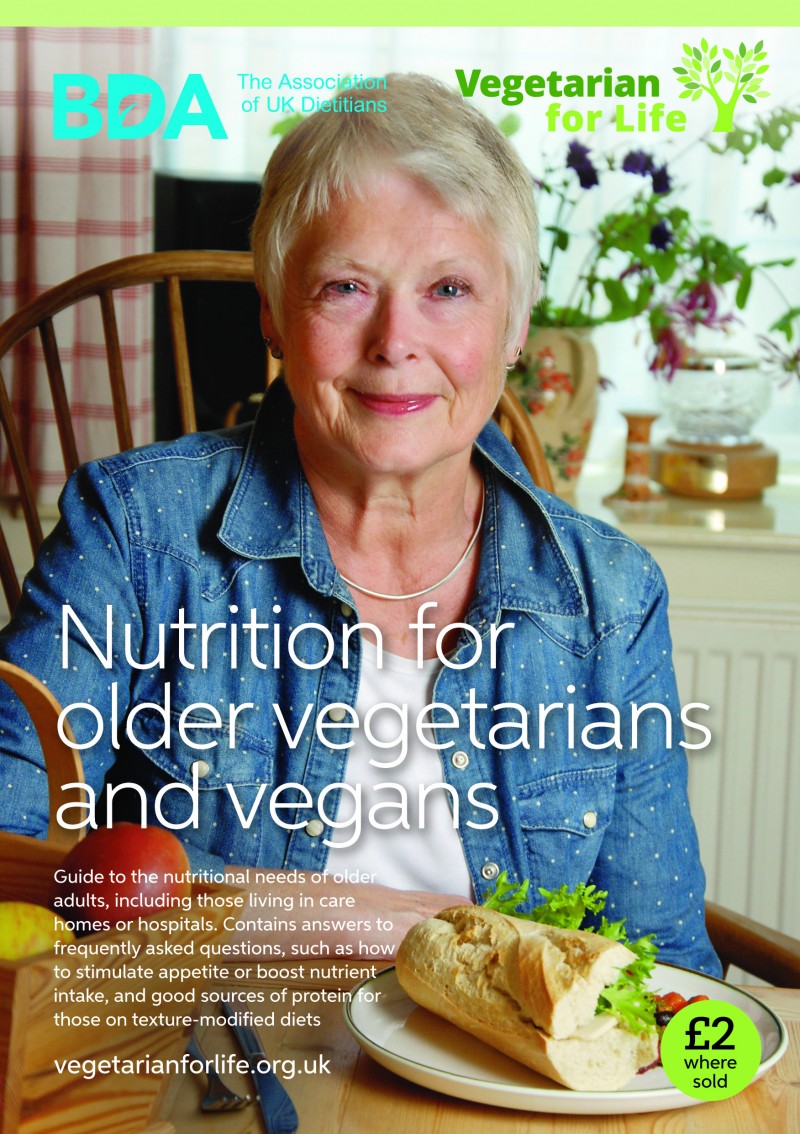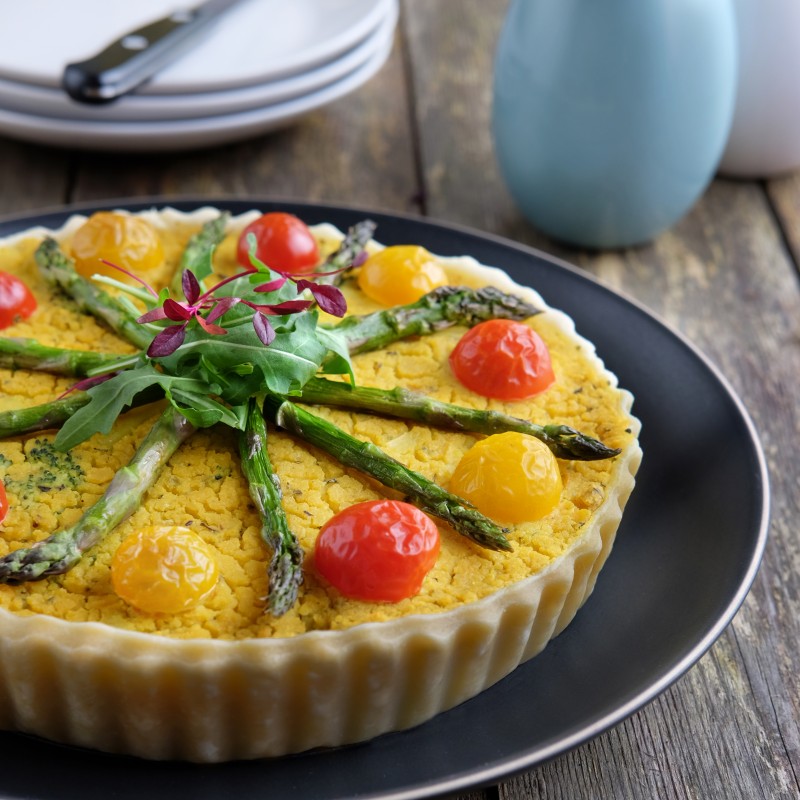
It may seem daunting when excluding meat, fish and dairy from your catering, but there’s no need to panic. It’s not only possible, but easy to meet the nutritional needs of your older vegan and vegetarian residents.
There are now an estimated 7,000 vegans and vegetarians in residential and nursing care homes in the UK, and the number of vegans has more than doubled since 2014. Even if you don’t currently have a vegan or vegetarian resident, you likely will soon, so why not make sure you’re prepared?
V for Life's new, improved nutrition guide will give you all the help you need. The Vegetarian Eatwell Plate will help ensure that you’re not lost for meat and fish alternatives, and can provide nutrient-rich, well-balanced meals.
Remember, a vegetarian diet is one that excludes meat, poultry and seafood. As well as excluding these foods, vegans also avoid all food and drinks that are derived from animals, including eggs, dairy and honey.
Our nutritional needs change as we age. As with any age, nutrient-rich foods are important, but older people also need more protein than younger people because muscle mass can decline with age. You may have the assumption that finding rich protein sources is more difficult on a vegan or vegetarian diet. However, on the contrary: we can meet all of our protein needs from a rich and varied vegetarian or entirely plant-based diet. Check out the handy protein list on page 6 of the guide for more info.
When thinking about protein, you may be a bit lost when removing meat or fish from a meal – but there are plenty of veggie alternatives. Don’t just skip the meat because that won’t make a well-balanced meal. For dinners, think bean chillies, chickpea curry, lentil Bolognese or stew, tofu stir fries or ‘tofish’, veggie mince and other meat replacements such as vegan sausages and fake ‘chicken’ fillets.
For lunches try lentil or bean soups, bean or nut dips and spreads such as houmous, nut roasts, quiche made with silken tofu and more. You’ll find plenty of recipe ideas and menu plans on our website. And why not try offering veggie options to all residents? You may be surprised at how popular they are.

One thing to consider is whether or not your resident enjoys meat replacements. Many vegans do enjoy a meat replacement such as fake mince or fake steaks, but some may prefer to stick to veggie-based protein such as beans and lentils.
Our nutrition guide also details how to ensure that your catering provides essential nutrients such as vitamin B12, calcium, vitamin D, iodine, iron, selenium, zinc and omega 3, which some people assume you can only get from fish. But we show you that with the right balance of certain nuts, seeds and plant-based oils this isn’t the case.
The guide has an entire section on portion sizes and how to fortify foods for people with reduced appetites. Dairy is often used for food fortification but check our guide for dairy-free/vegan ways to fortify foods, including peanut butter, silken tofu, plant milks, soya cream and more.
There are helpful tips to maximise food intake and stimulate appetite such as switching to refined carbs in place of wholegrains, creating a pleasant eating and drinking environment, and techniques that enhance flavour and sensory enjoyment.
We delve into special diets such as finger food ideas, texture modified diets, and lower fibre diets, and illustrate how to adapt these to suit your vegan and vegetarian residents.
Excellent, nutritionally balanced catering for your vegan and vegetarian residents will not only bring delight to these individuals, but it may also help them to live long, healthy lives. Those following a special diet shouldn’t be an afterthought – menus should be well thought out, planned in advance, and varied.
This British Dietetic Association accredited guide, along with our similarly accredited care caterer training, aims to ensure that all caterers can cater well and ethically for their vegan and vegetarian residents. Download the guide here, or for a paper copy please email info@vegetarianforlife.org.uk or call 0161 257 0887.
Categories:
Nutritional Advice